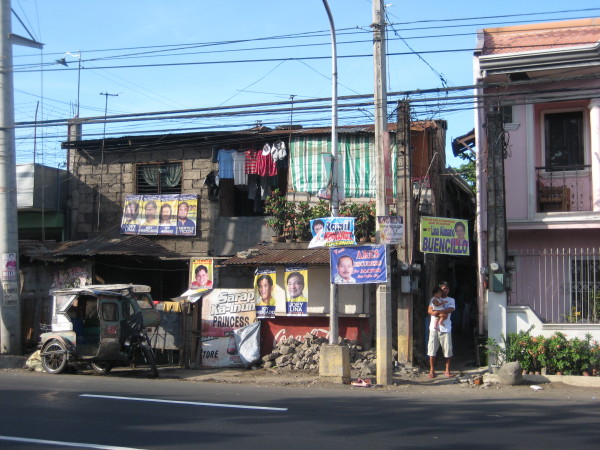The Marcos Dynasty
By Sterling Seagrave
Harper & Row, 1988
What a revelation. Like many, I had heard some dubious things about The Marcos family but had not looked into their affairs or read about their times though I was in the Philippines just prior to their ousting-departure. The kids and I joined humanist pals demonstrating against their regime which my son Christian still recalls – being sent back to Godi and Emma’s home after the tanks rolled up by Malacanang Palace – while the adults continued on…
It was useful that I had read Seagrave’s other work, Lords of the Rim, and had become familiar with the magnitude of collusion between politicians, military, gangsters as per organised crime groups and big business individuals or families. Also, how smuggling of valuable goods and human beings, but importantly drugs, were the major pursuits of these dark allies. Also and on top, how wars were used – and clearly are still used – to continue these nefarious trades.
Most shocking however was the imprint made on me on learning in detail how, in this case, a country’s president and family acted against their own nation and its people. How ingrained factionalism is in the Philippines as a sort of tribalism and how supposedly classy families went into cahoots with each other to share the loot. How innocents were killed en masse, the poor people tagged with labels of Communist – but they were just seeking land rights or basic justice.
This brings in the point that I began to appreciate more – how the labelling of a person or group as Communist seemed to give licence to all kinds of violent acts against them. This ruse continues today. And, whereas in Britain we have always had a Communist Party and yes there is a general air of suspicion surrounding their activities because of a biased press it is nothing like in the USA where the word is akin to a taboo – also its rival, socialist.
Socialism offers panaceas that capitalism is now seen to lack, more than just lack. Communism is now seen as an ideal no longer practised anywhere despite the title holding onto some regimes – the Chinese Communist Party for example where the values of sharing wealth seem to be forgotten for the moment. The world might not have seen the last of China’s Leftists though who doubtless are still holding power in their political niches. When China gets over this Black Cat – White Cat period another moment may well emerge. Not everyone in China has forsaken the revolution.
Nor has ‘the little man’ in the Philippines given up fighting against the oligarches, the supremacy over all affairs of the big families, the asserting of control over land rights by the bigger landowners.
There is hope with President Benigno Aquino III who is now in the chair as the Seabrooke book covering those previous moments in the county’s history highlights General Fidel Ramos as Mr Clean, who was highly respected, particularly for his self-restraint. There was a hard core of younger officers who appreciated him in those times when the Marcos’ group lorded it over everyone and that young band stayed close to Ramos. This phenomenon of a good man positively influencing his fellows is a brightness in this otherwise dark story which brings glimmers of hope to the Philippines as a nation taking its due role in Asia.
However, even Mr Ramos has his critics – a commentator has suggested that Ramos as “squeaky-clean” could be illusory; he is after all, a graduate of West Point as well as America’s Favourite in the Philippines. Even his tenure as president is replete with “rumours” of his “corruption”, i.e. the PEA-Amari Deal, the controversial “Centennial Park” and the “liberalising” of the Philippine Economy, foremost among which is the Liberalisation of the Power Industry, the Water Industry and other industries that should be the purview of public control. He is even rumoured to have stashed his “loot” in Malaysia…”






